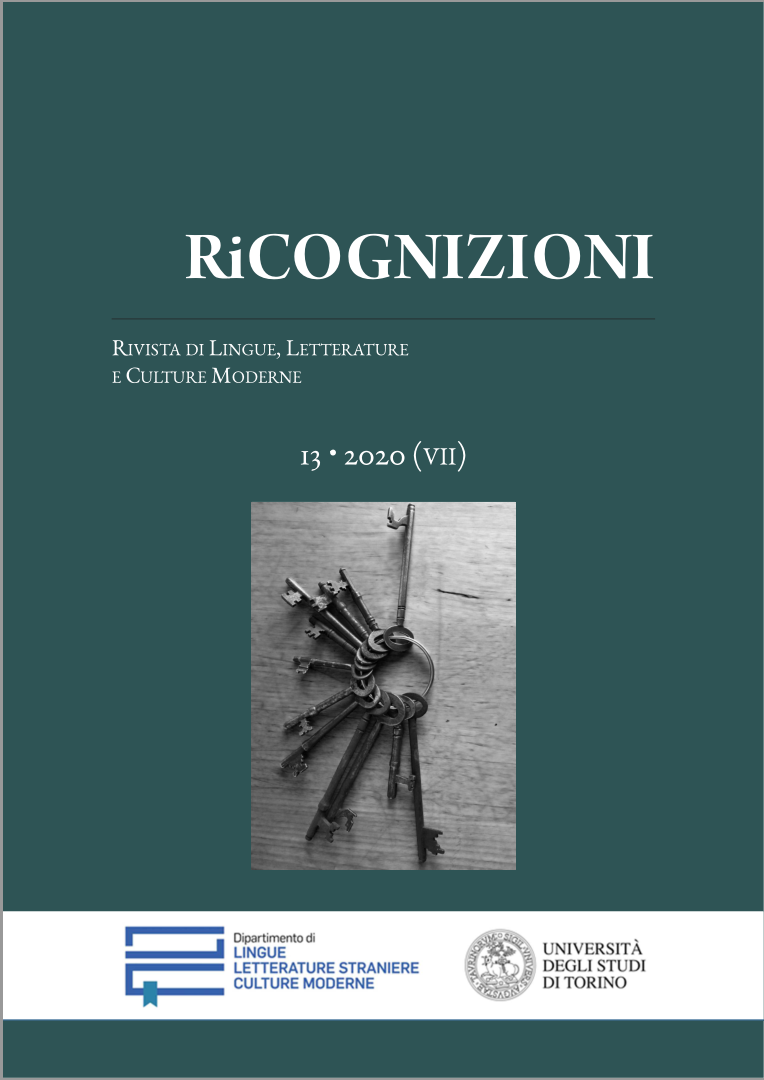The Influence of Western Literature on the Japanese Literature of the 20th Century
DOI:
https://doi.org/10.13135/2384-8987/4385Abstract
The article aims to give an overview of the different ways in which Japanese writers of the 20th century dealt with the strong western influences that in the period between Taishō and Shōwa era brought about the birth of Japanese Modernism, a literary strand that brings together two great literary currents, the Shinkankakuha (School of Neosensimo) and Shinshinrigakuha (School of Neopsychology), whose main exponents are Yokomitsu Riichi (1898-1947), Itō Sei (1905-1969) and the future Nobel Prize winner Kawabata Yasunari (1899-1972). Modernism represents an essential link between late 19th and modern 20th century Japanese literature, which attained global renown thanks to aesthetes like Tanizaki Jun'ichirō (1886-1965), Kawabata Yasunari (1899-1972) and Mishima Yukio (1925-1970), but also to the decadent writers of the Buraiha, such as Dazai Osamu (1909-1948), and contemporaries authors such as the Nobel Prize Ōe Kenzaburō (1935-). Modernism represents the pinnacle of the study and assimilation of Western literature in Japan, an obsessive imitation of themes and style of European writers of the early 1900s; nevertheless, it also represents the achievement of the awareness of the impossibility of creating a truly modern and original Japanese literature through an empty imitation of writers such as James Joyce or Marcel Proust.
Downloads
Published
How to Cite
Issue
Section
License
RiCognizioni is published under a Creative Commons Attribution 4.0 International License.
With the licence CC-BY, authors retain the copyright, allowing anyone to download, reuse, re-print, modify, distribute and/or copy their contribution. The work must be properly attributed to its author.
It is not necessary to ask further permissions both to author or journal board.








